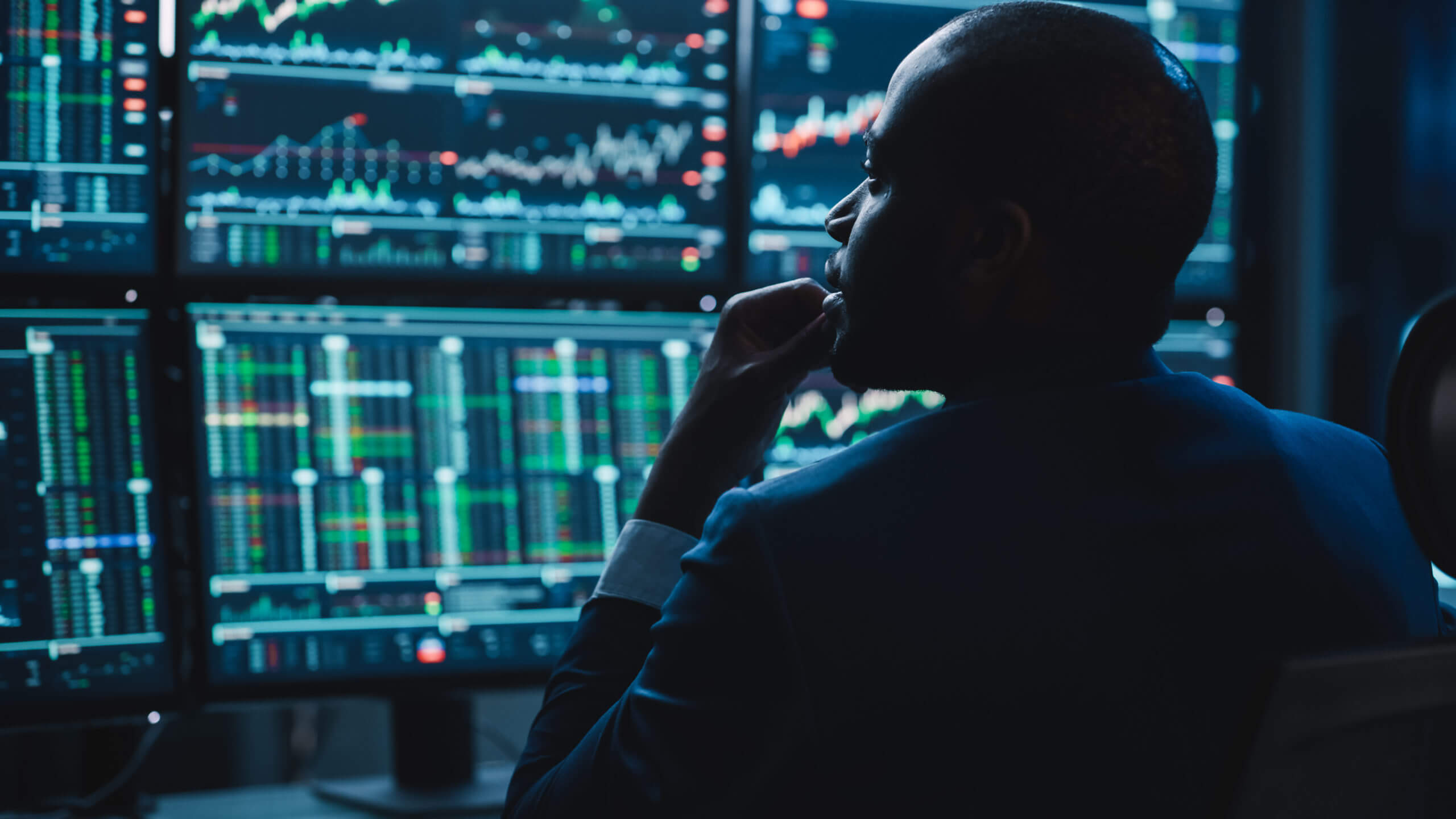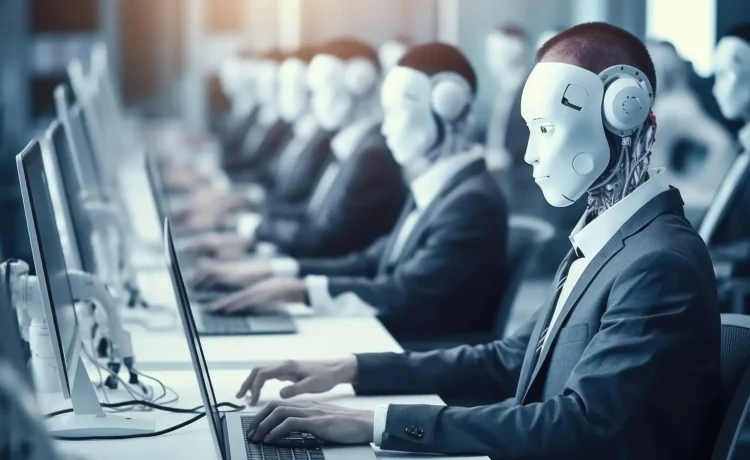In the past decade, society and industry have been experiencing a rapid transformation, driven by technological advancements, shifting workforce expectations, and global economic changes. The relationship between people, work, and industry is no longer what it was even five years ago. As we look toward the future, understanding how society and industry evolve together is crucial for businesses, employees, and policymakers alike.
The Impact of Technology on Modern Industries
The rise of artificial intelligence (AI), automation, and digitalization has redefined nearly every sector. From manufacturing to healthcare, industries are using technology to improve efficiency and cut costs. Automation, for example, allows companies to speed up production, reduce human error, and stay competitive in a globalized economy. AI-driven analytics help businesses make better decisions, personalize services, and predict market trends with unparalleled accuracy.
However, this transformation is not without challenges. While technology creates new opportunities, it also disrupts traditional job markets. Positions that rely on repetitive tasks are increasingly being replaced by machines or software, forcing workers to adapt by learning new skills. For society, this raises pressing questions about job security, income inequality, and the need for continuous education.
Changing Workforce Expectations
Society’s perception of work is shifting. The traditional “9-to-5” office model is giving way to flexible schedules, remote work, and gig-based opportunities. Younger generations, particularly Millennials and Gen Z, value work-life balance, professional development, and meaningful contributions over long-term job security.

Industries are responding by adopting hybrid work models, offering wellness programs, and investing in employee engagement strategies. Companies that fail to adapt risk losing talent to competitors who provide more modern, flexible work arrangements. This shift also highlights the growing importance of digital skills, as employees must be comfortable using online tools, virtual communication platforms, and remote collaboration systems.
The Rise of the Gig Economy
Another major factor reshaping society and industry is the gig economy. Platforms like Uber, Upwork, and DoorDash have created new ways for individuals to earn income on their own terms. For some, gig work provides flexibility and independence. For others, it represents instability and a lack of benefits such as healthcare or retirement plans.
The gig economy has forced policymakers to consider new labor protections and benefits structures. Some governments are exploring ways to ensure gig workers receive fair wages and access to social protections, while industries look for solutions to balance flexibility with employee well-being. This growing sector highlights the tension between innovation and regulation, as both society and industry strive for a sustainable middle ground.
Globalization and Cultural Shifts
Globalization continues to impact industries worldwide, making cross-border collaboration more essential than ever. Companies source talent, materials, and ideas from across the globe, creating diverse and dynamic workforces. This interconnectedness allows for innovation but also exposes industries to risks such as supply chain disruptions, trade disputes, and cultural misunderstandings.
For society, globalization brings opportunities to connect and grow economically, but it can also lead to cultural homogenization and economic disparities. Industries must strike a balance between leveraging global opportunities and respecting local communities, cultures, and labor standards.
Sustainability as a Core Priority
Society’s growing awareness of climate change and environmental issues is influencing how industries operate. Consumers are demanding eco-friendly products and sustainable practices, while governments implement stricter environmental regulations. From reducing carbon emissions to adopting circular economy models, businesses are rethinking their strategies to align with societal expectations.
Sustainability is no longer just a moral obligation—it’s a competitive advantage. Companies investing in green technologies, renewable energy, and ethical supply chains are gaining consumer trust and staying ahead of regulations. The intersection of societal values and industrial strategy is becoming a defining factor for long-term success.
Education and Reskilling: Bridging the Gap
As industries evolve, society faces a pressing need for education and reskilling initiatives. Traditional education systems, designed for an industrial age, often fail to prepare students for the dynamic, tech-driven workforce of today. Lifelong learning and vocational training are becoming critical tools for workers to remain employable and for industries to maintain a skilled labor force.
Collaboration between governments, businesses, and educational institutions is essential to bridge this gap. Apprenticeships, online learning platforms, and corporate training programs are helping workers transition into new roles, ensuring that society keeps pace with industrial evolution.

The Road Ahead: Collaboration and Adaptation
The future of society and industry lies in their ability to adapt and collaborate. Businesses must recognize the social implications of their innovations, while society must embrace technological and economic changes with resilience. Governments play a crucial role in mediating this relationship by crafting policies that encourage innovation while protecting workers and communities.
Industries that thrive in the coming decade will be those that view societal needs—not just profits—as central to their mission. From embracing sustainability to supporting flexible work models and continuous education, businesses have an opportunity to build stronger relationships with their workforce and customers.
Society, in turn, must foster a culture of adaptability, where individuals are encouraged to develop new skills, embrace change, and engage in lifelong learning. Together, society and industry can build a future that is both innovative and inclusive.














